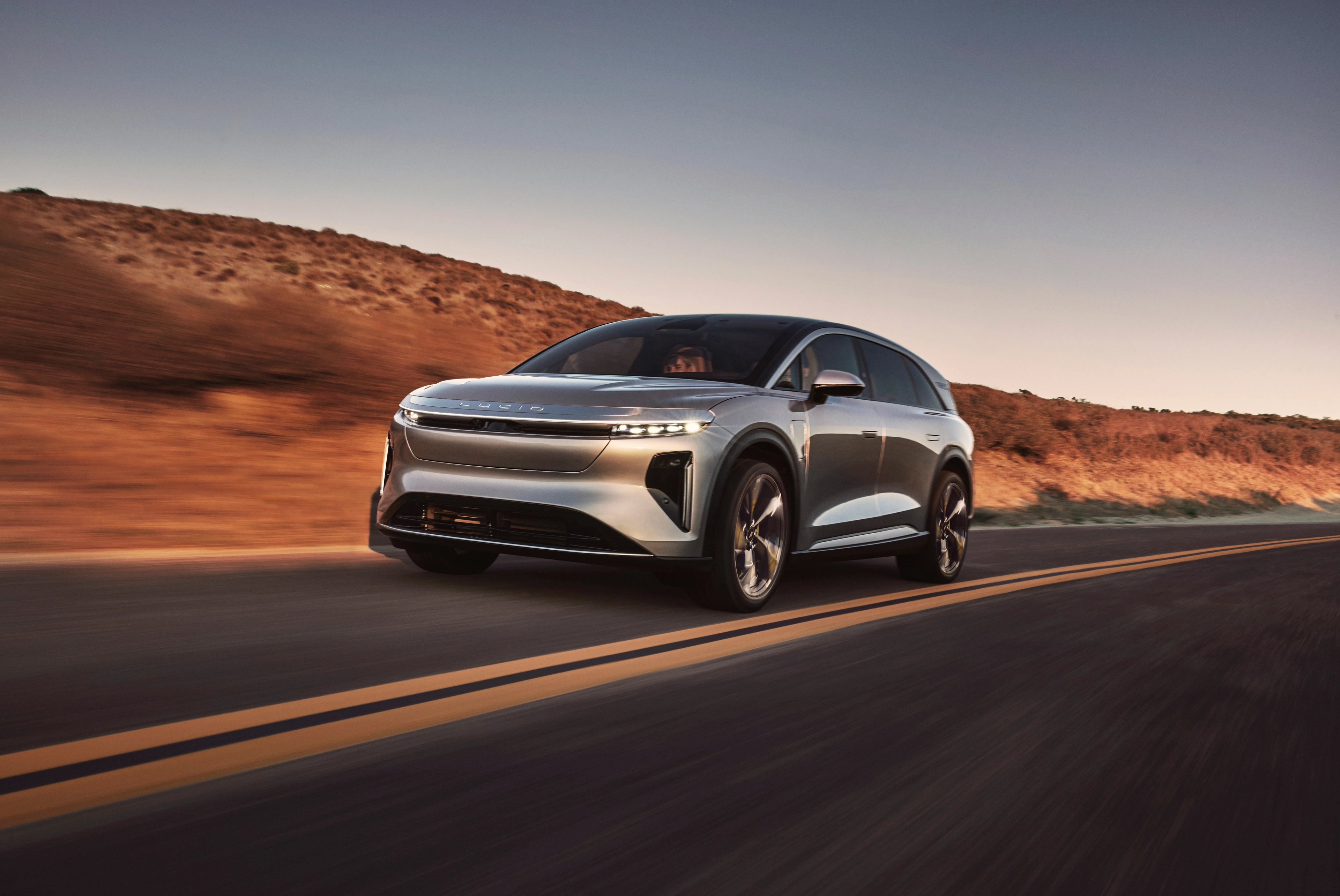Space and defense stocks have gone to the moon this market cycle (pun intended). Rocket Lab (RKLB +0.50%) is one of the great beneficiaries of this trend, as the rocket launch, space systems, and defense company has seen its stock soar close to 600% in the last 12 months, absolutely crushing the broad market indices. It recently surpassed a price of $33, hitting a new all-time high in recent weeks.
Investors are optimistic about the future of this space flight disrupter as it aims to compete with SpaceX. Should you buy the stock while it is still below $40? Or is it too late to add Rocket Lab to your portfolio? The answer may surprise you.

NASDAQ: RKLB
Key Data Points
Building the future of space, competing with SpaceX
Rocket Lab is the only independent space provider to come anywhere close to competing with SpaceX, the dominant player in the sector. It began its journey developing the small and nimble Electron rocket, which ferries commercial and defense payloads into space with extreme accuracy. Earlier this month, the 65th Electron rocket was launched into space, with many more waiting in Rocket Lab's backlog.
The next step for Rocket Lab is the debut of its larger Neutron rocket, which will directly compete with SpaceX in size and capabilities. The Neutron will have a much higher payload capability than the Electron, which means more potential revenue per rocket launch. A Falcon 9 launch at SpaceX can cost over $50 million, which should be a comparable figure for the Neutron once it starts performing for customers.
Management believes the Neutron will debut its first launch in 2025, with commercial launches planned in the years after. Rocket Lab's total revenue was only $466 million over the last 12 months, meaning that just a few annual Neutron launches could be quite meaningful to top-line growth.
On top of launches, Rocket Lab has built and bought capabilities in the space systems sector, which encompasses items that you put onto payloads in space such as satellites and solar arrays. It just acquired a company called Geost to help further its vertical integration into the defense satellite sector, a highly important capability to have today. In fact, over 70% of Rocket Lab's Q1 revenue came from the space systems segment, making it a much larger market opportunity than just rocket launches.

Image source: Getty Images.
A bright but uncertain future
A vertically integrated space company is an ambitious goal, and Rocket Lab is aiming to build it from launch to space gear to eventually software services, according to management. It has a nice narrative, but it is not guaranteed to work.
For one, the Neutron rocket has never even performed a test launch. As investors have recently seen with SpaceX and its Starship tests, mishaps in testing can lead to disastrous (and expensive) results.
Rocket Lab is currently unprofitable, burning $177 million in annual free cash flow as it builds out the Neutron and other space system segments. With just over $500 million in cash and equivalents, the company is only a few years of cash burn and failed tests of the Neutron rocket from running into a liquidity concern. These are unproven markets, and while Rocket Lab is innovating in a field that could potentially be worth tens of billions of dollars someday, its business plan comes with a lot of risks.
RKLB PS Ratio data by YCharts
Should you buy Rocket Lab stock?
After soaring 600% in the last 12 months, Rocket Lab now trades at a market cap of $15 billion. That brings its trailing price-to-sales ratio (P/S) to a sky-high level of 36. For reference, the S&P 500 trades at an average P/S ratio of 3, or about 10% the level of Rocket Lab.
Yes, Rocket Lab has a higher growth potential than the average stock, and could easily be generating billions of dollars in revenue in the future. It is not guaranteed to do so, though.
Even if Rocket Lab reaches $3 billion in sales -- close to 10x today's level -- it is unclear how much of that would translate to bottom-line profits due to its low gross margins below 30%. If it achieves a bottom-line profit margin of 10%, that would equate to $300 million in annual earnings, or a price-to-earnings ratio (P/E) of over 50 compared to its current market cap. And these earnings will not materialize for many years, if they end up doing so at all.
However you slice it, Rocket Lab looks like an overvalued stock that has gotten ahead of itself in the last year or so. Avoid buying Rocket Lab for your portfolio.






